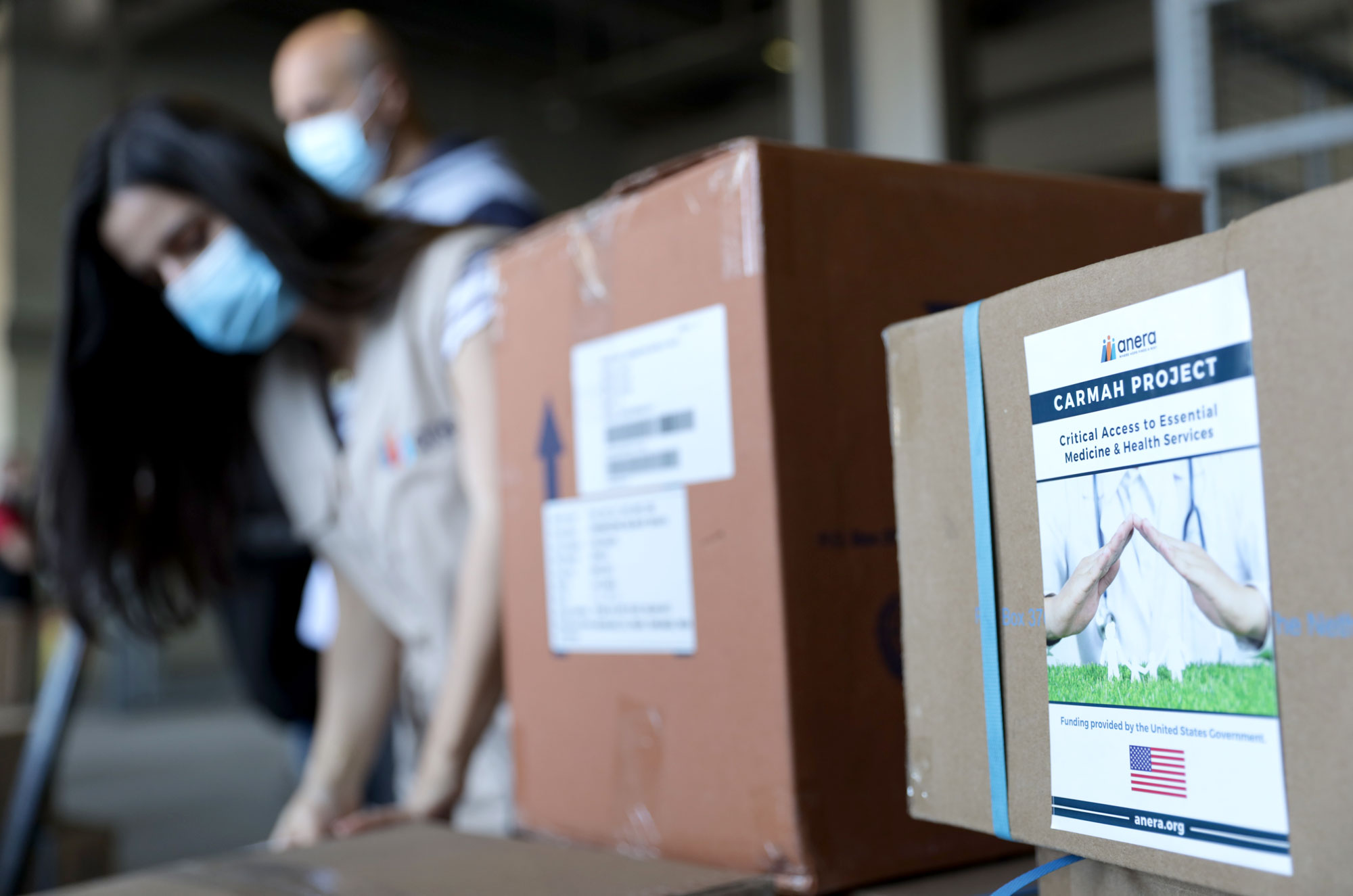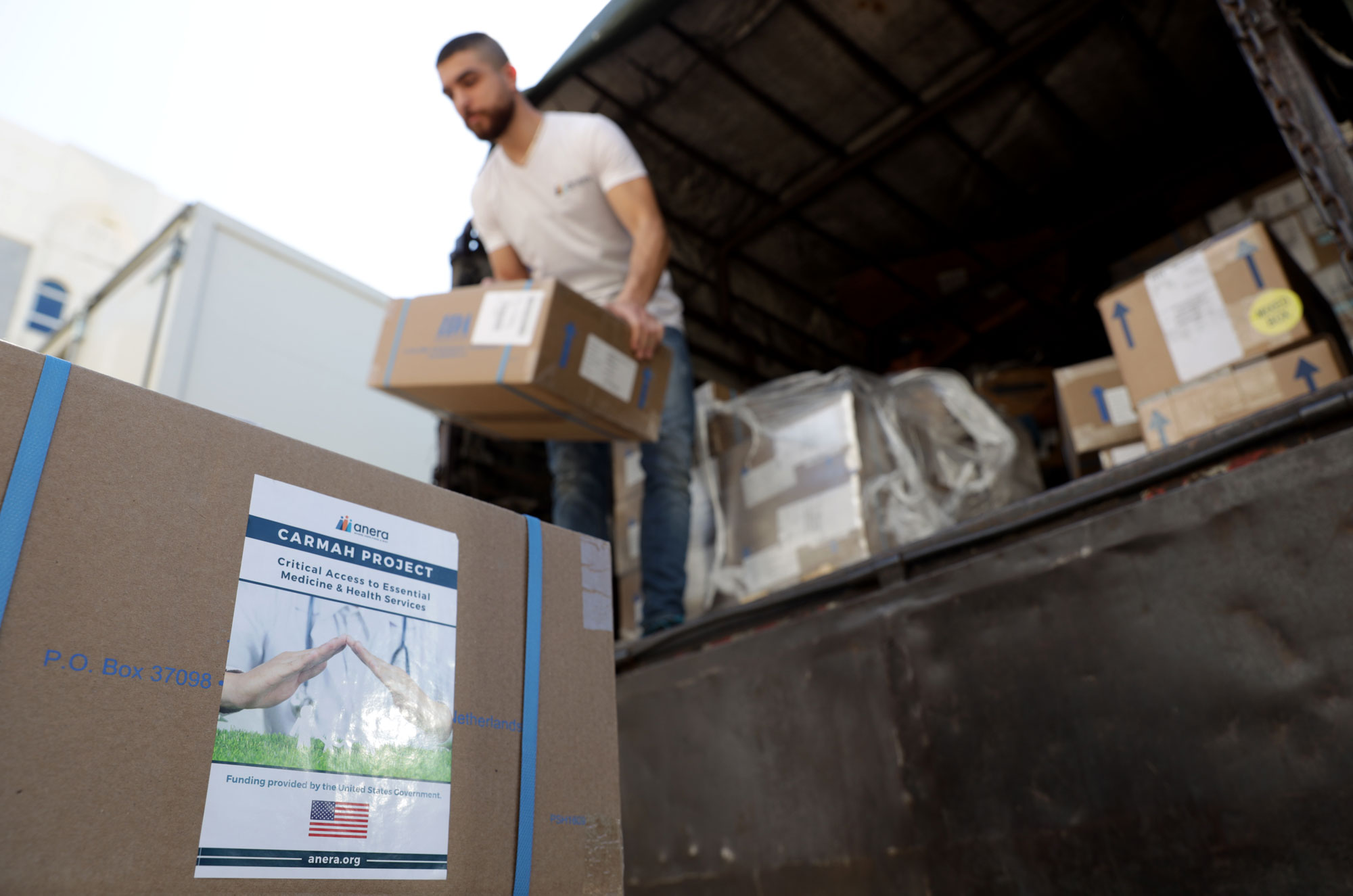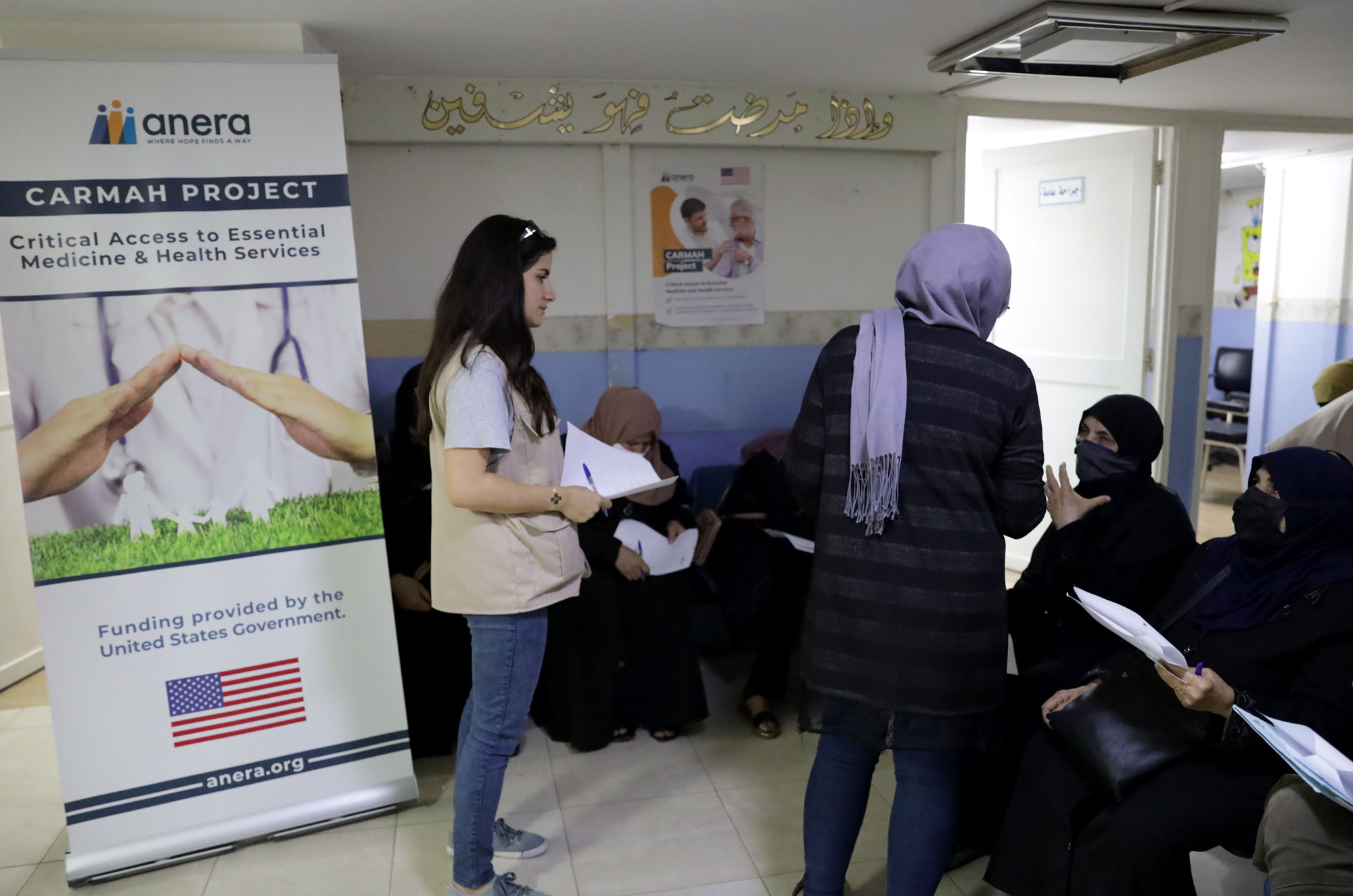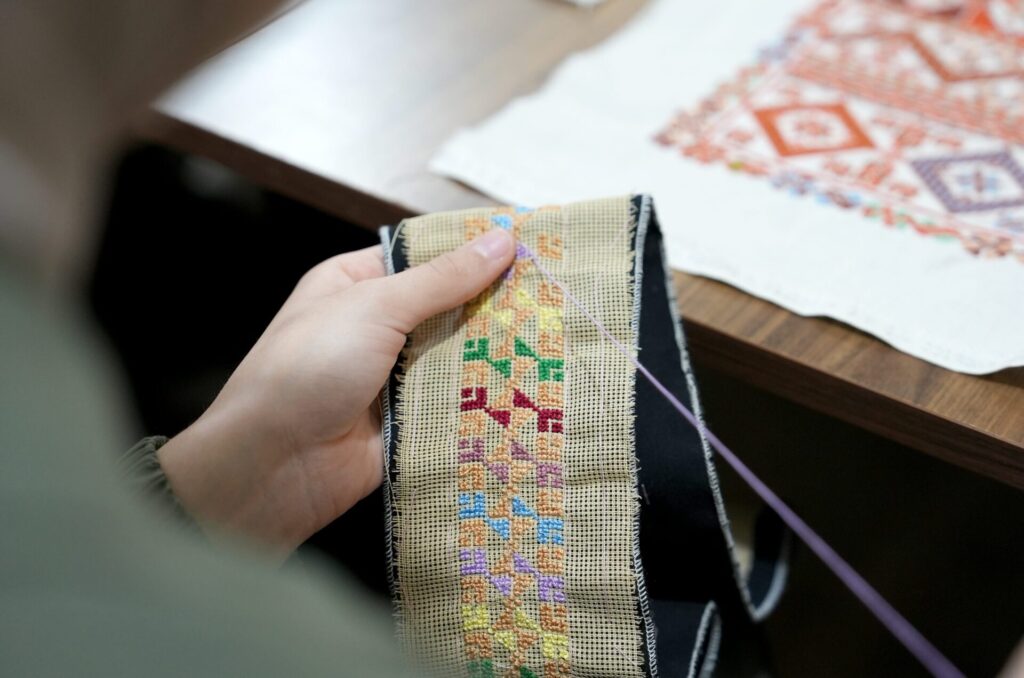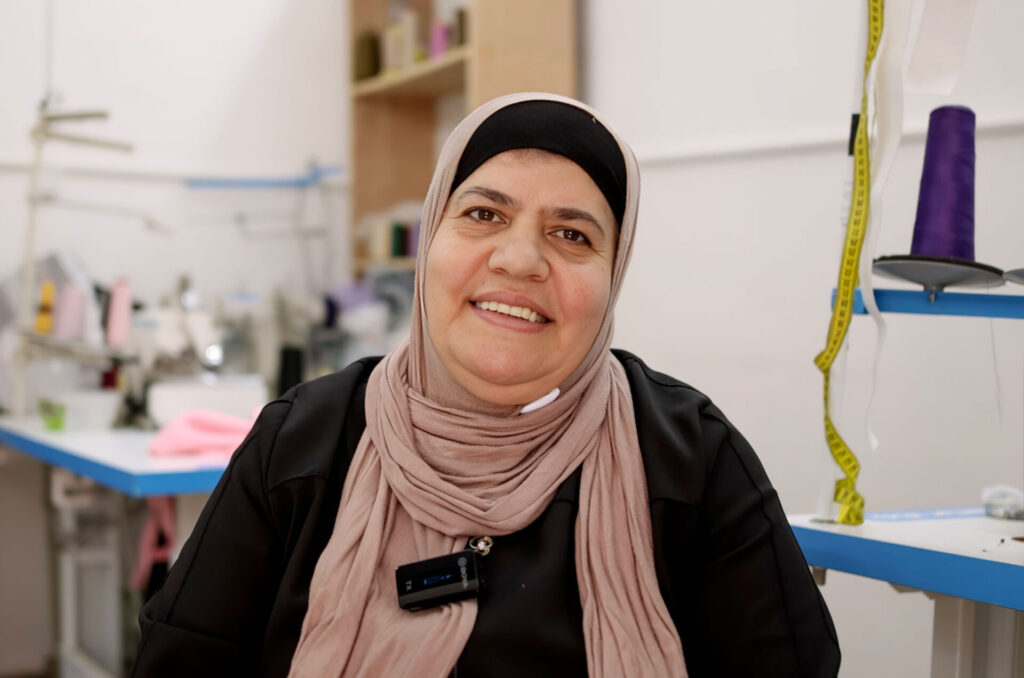Jul, 2022
CARMAH project delivers vital support to Lebanese healthcare system
The medical situation in Lebanon continues to rapidly deteriorate. With the ongoing economic crisis, many patients cannot keep up with the rising prices for medicines and hospital bills.
Local hospitals, both private and public, have witnessed an exodus of medical staff, coupled with major shortages of medicines and medical equipment.
The economic collapse has pushed many families to stop medical treatments and discontinue educational programs. Basic necessities and services like fuel, rent, and transportation are frequently out of reach.
The ongoing currency crisis has meant that imported items, including most medicines, have become particularly unaffordable.
Reda is a 39-year-old Syrian resident of Beirut. She says,
“I used to buy my medication for 10,000 lira. But as the crisis worsened, its price reached 250,000 lira. Often, it sells out and there’s simply none available. I would rather use 250,000 lira to buy food for my kids than pay for my medicine. The health and education of my five children is my priority.”
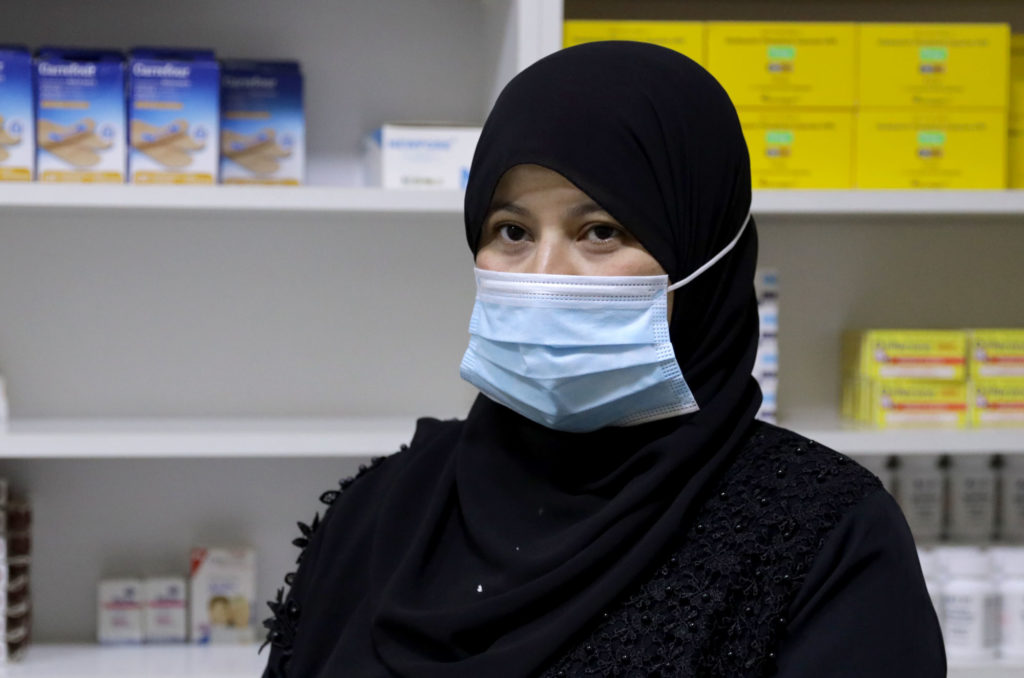

"The health and education of my five children is my priority."
People with chronic illnesses must stand in queues for hours outside pharmacies. Non-profit healthcare organizations have exhausted their medical supplies and are in need of being restocked to continue medically serving vulnerable communities.
With the government’s failure to guarantee public health services, and the lifting of subsidies for medications last November, the public has been forced to attempt to manage as the prices of medicines rise. At the same time, the soaring exchange rate has meant that people's wages buy less and less. No social safety net exists to ensure that residents can access essential and chronic disease medicines. The crisis has already been deadly for some of the most vulnerable patients unable to obtain medicines or medical care.
Anera responded to this urgent call by establishing the Critical Access for Refugees to Medicine and Health Services (CARMAH) project (which also serves vulnerable Lebanese) in September 2021. CARMAH (karama means ‘dignity’ in Arabic) is funded by the government of the United States. Its main purpose is to increase the accessibility of medications, and also to raise public awareness and knowledge of chronic diseases.
CARMAH provided essential chronic medicines through a combination of medicine procurement and donated medicine through Anera’s medical donations program. To implement the program, Anera partnered with local organizations and health care providers across Lebanon.
Reda is a patient at the Ajialouna Center in Beirut, one of our local partners. Reda says,
“The past three years were very difficult. The economic and social crisis greatly affected us and the whole society in Lebanon. We can no longer afford the simple costs of life like rent, school fees, electricity, or food. This has caused me a lot of stress, which is bad for my high blood pressure.”
Ensaf is a 55-year-old Syrian patient. She says,
“I have many health issues. I have high blood pressure and high cholesterol. And also thyroid, heart and lung problems. The cost of medicines has become so great that I can no longer afford them.”
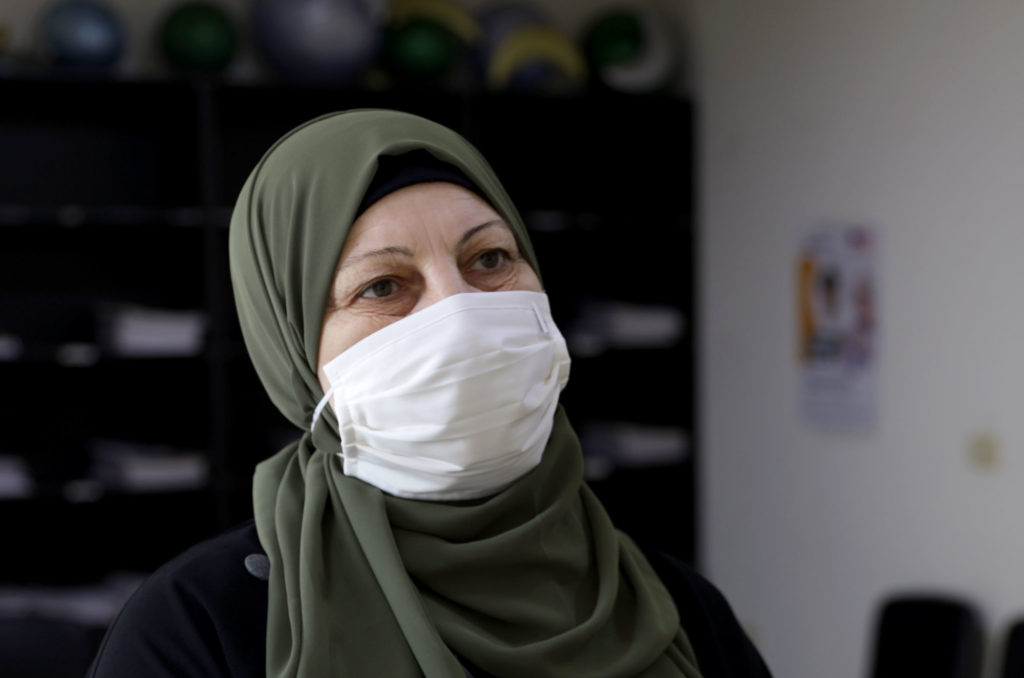

"The cost of medicines has become so great that I can no longer afford them.”
Nour Akkawi is the pharmacy officer at Ajialouna Center. She says,
“Chronic disease medicines are in frequent shortage. Securing them through Anera helped beneficiaries continue treatment. It also relieved the medicine market in Lebanon by supplying chronic disease medicines.”
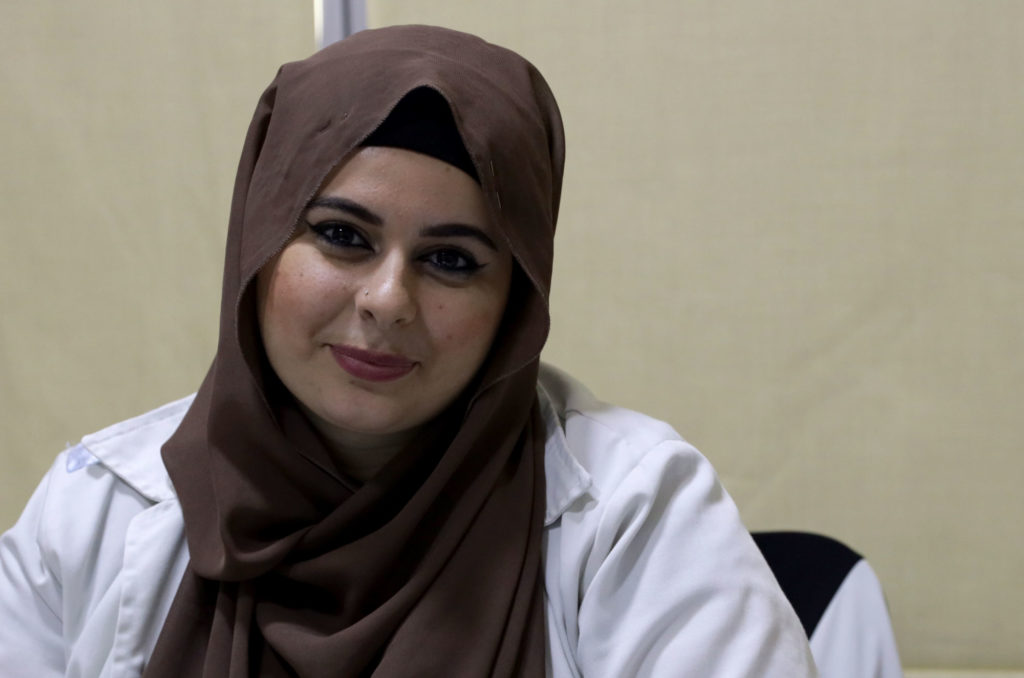
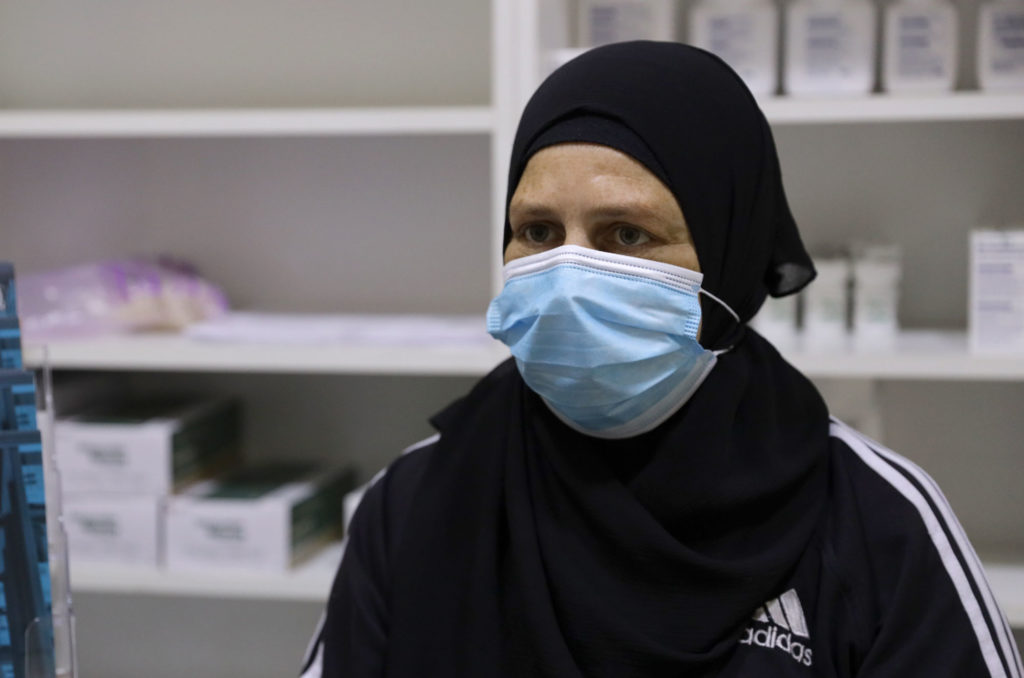
Janat is a 46-year-old Lebanese citizen. The single mother of four says,
“I take meds for my blood pressure and heart, plus blood thinners. I’ve had a cardiac bypass, and a coronary angioplasty. These three years have been difficult, and without the help of CARMAH, I would not have been able to continue treatment and pay my medical bills. The cost has become unbearable.”

"Without the help of CARMAH, I would not have been able to continue treatment and pay my medical bills. The cost has become unbearable.”
CARMAH aims to reduce disruptions in chronic medicines and to use surveys to locate the most vulnerable patients in need of medical services.
Akkawi says,
“We reached 206 beneficiaries in Ajialouna Center alone and the numbers are increasing. We screen the requests to target those most in need with chronic diseases and are not benefitting from other health support programs. The medicines and all our services here are completely free of charge.”
Mohammad Eter, Anera’s project manager on the program, says, “At a time when medicines are a scarce resource, we are proud to have donated more than 5.5 million defined daily doses of essential and life-saving chronic medicines all over Lebanon.”
Seeking to ensure that vulnerable communities are reached, Anera signed agreements with over 39 healthcare centers across Lebanon.
Akkawi says,
“The CARMAH project provides chronic disease medicines for vulnerable communities in Lebanon. It ran awareness campaigns for patients and employees of the association and informed patients about their disease and the importance of uninterrupted medical treatment.”
This mainly included charity-based primary health care centers, but also dispensaries, all of which were trained to ensure optimal storage, technical capacity, distribution, and logistical capacity of medical supplies. This includes patient treatment, child safeguarding, and protection against sexual exploitation and abuse.
CARMAH helps guarantee that no community is left unattended or forgotten, and that marginalized older residents with chronic illnesses do not need to compromise their dignity in order to receive medication. This inclusive and timely project assures that medication doses are administered monthly to create stability and continuous treatment for patients.
The project targets vulnerable communities, including Lebanese, as well as Syrian, Palestinian, Iraqi, and other refugees.
Ensaf says that, as a refugee, she has faced many challenges.
“We work as watchmen for an apartment building, where we clean the building, collect the garbage and do some maintenance in exchange for a one-room apartment where my husband, son, and I live.”
